Fieldwork
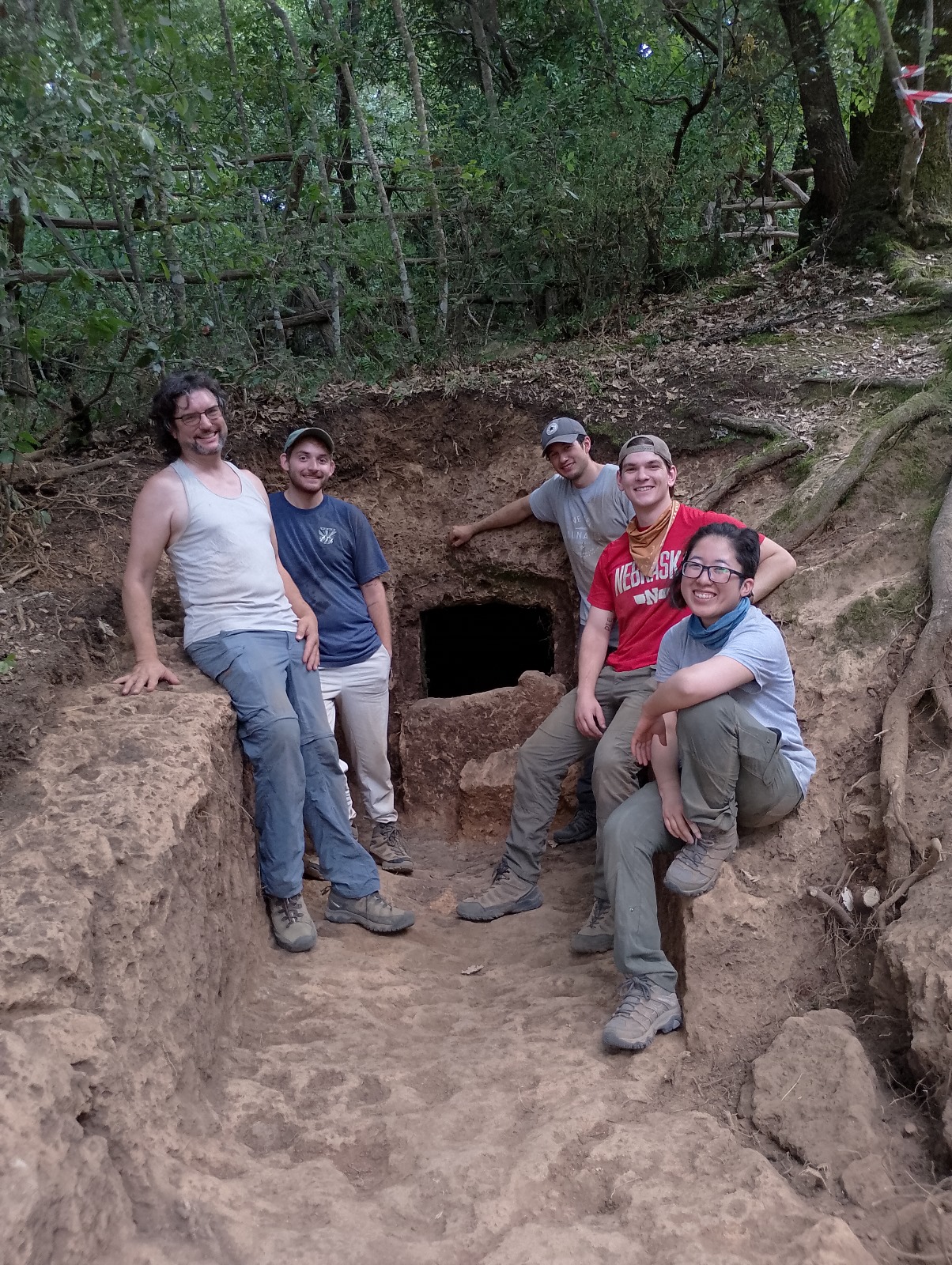
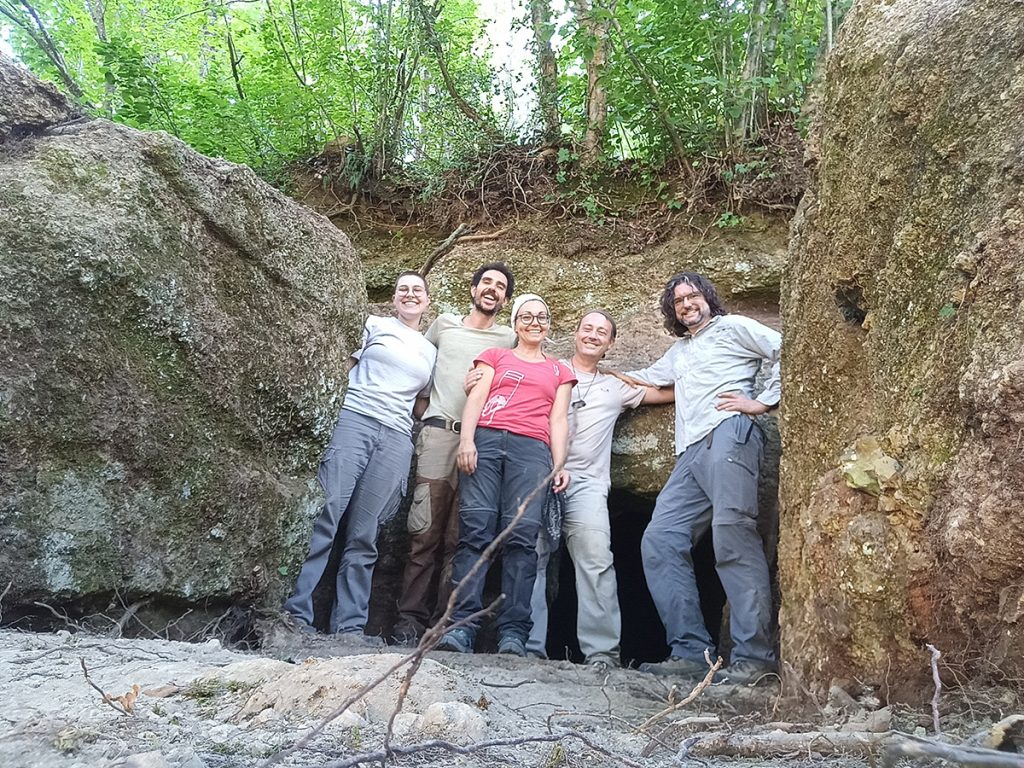
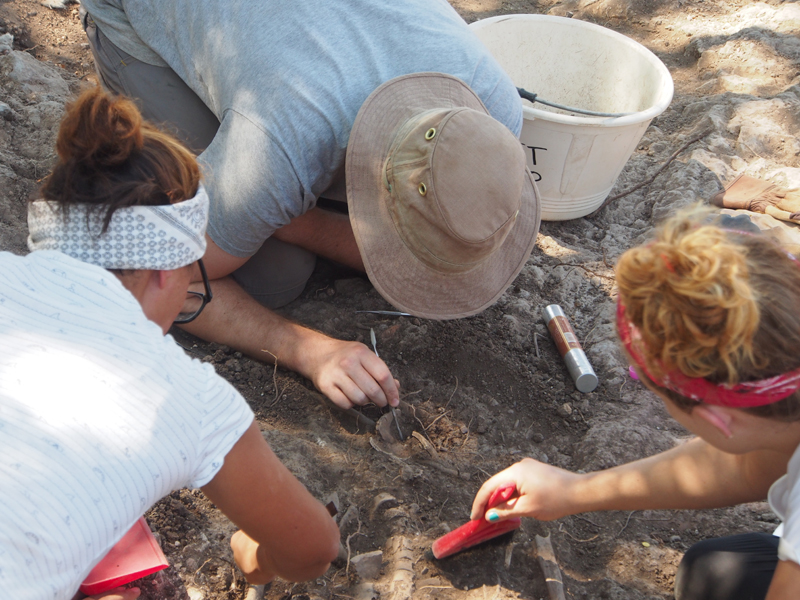
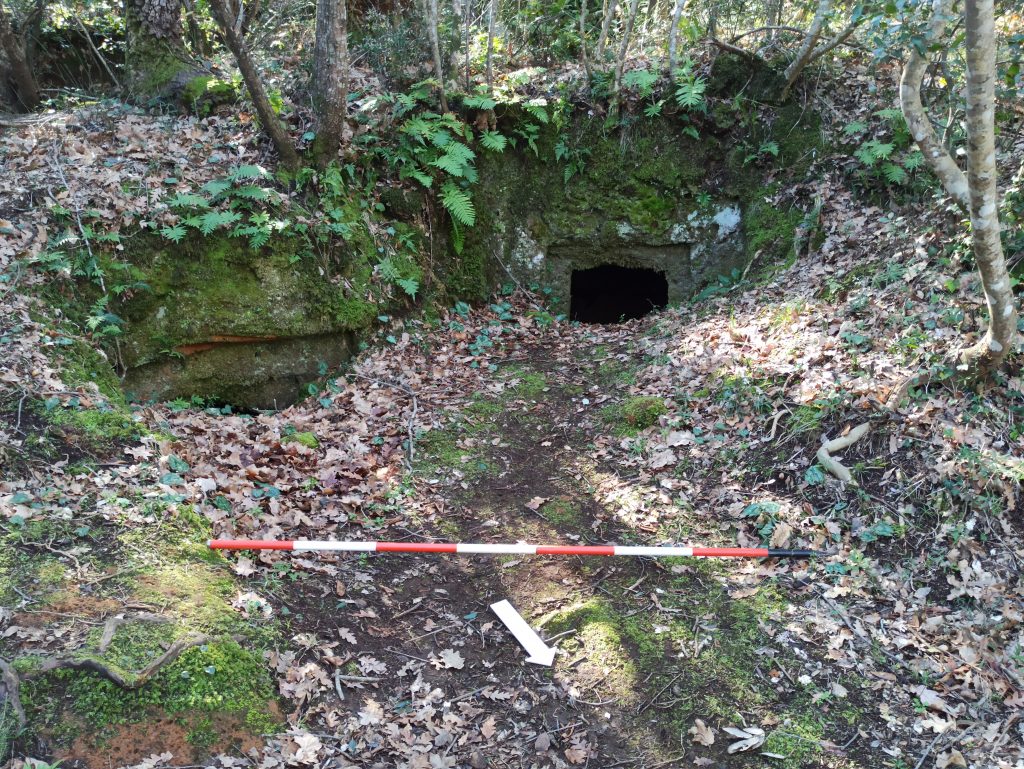
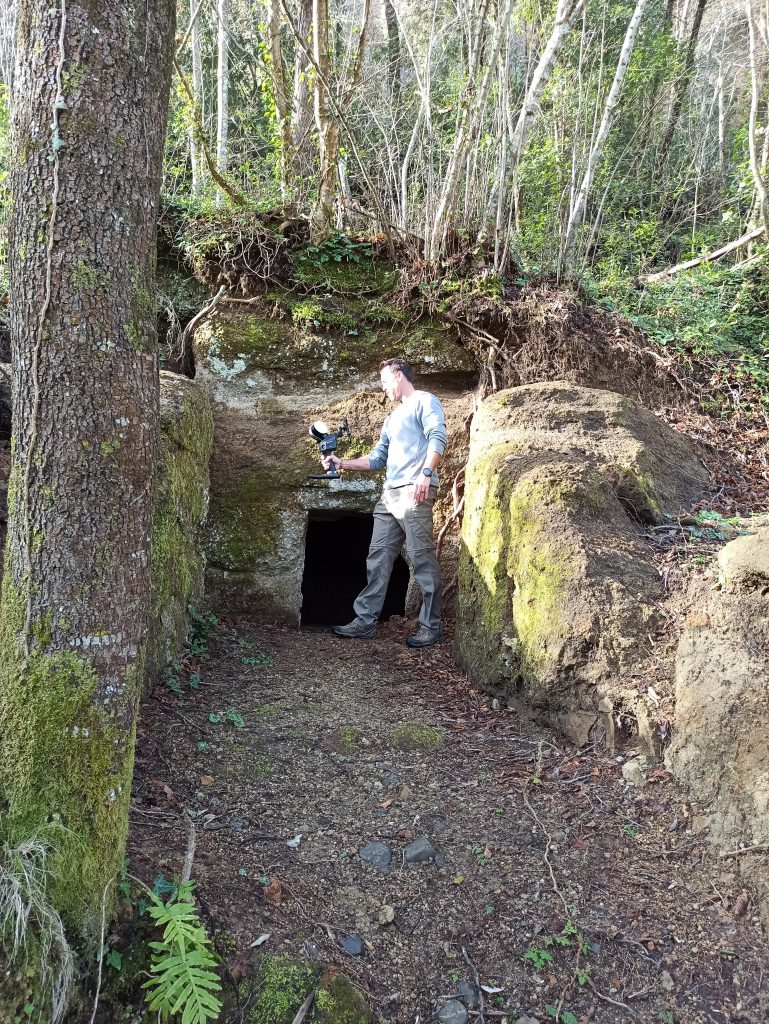
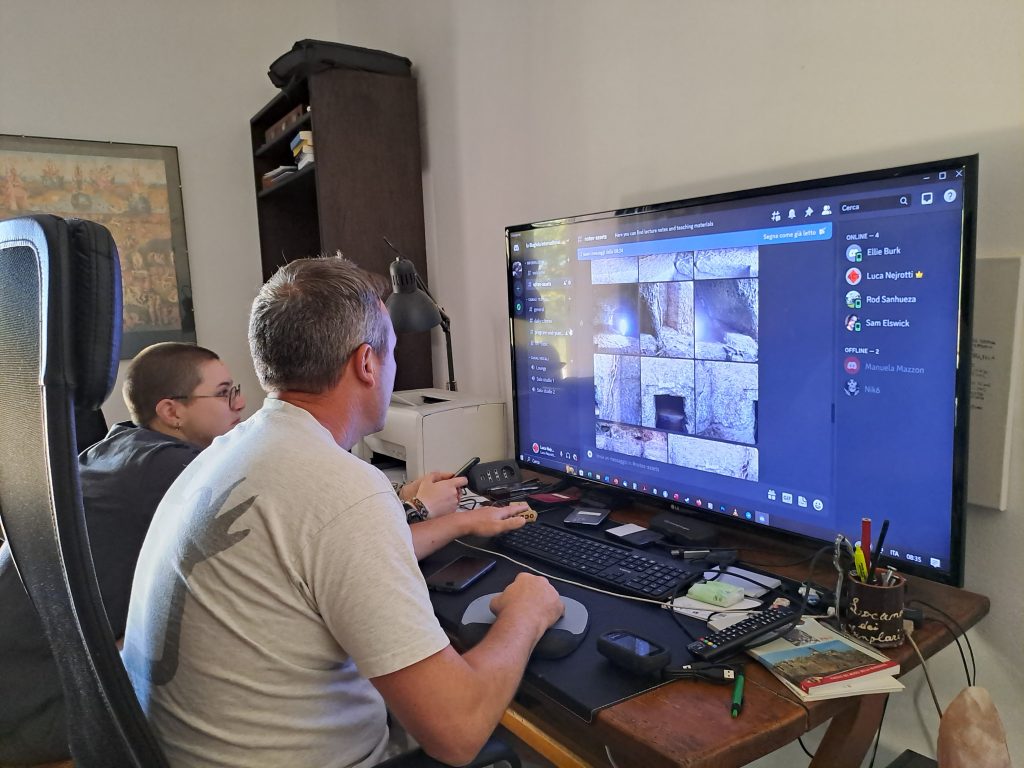
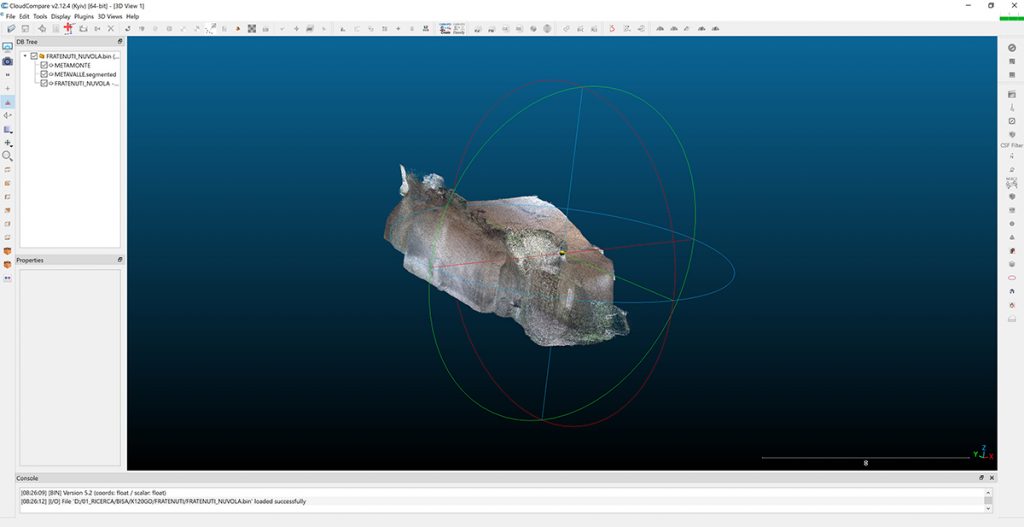

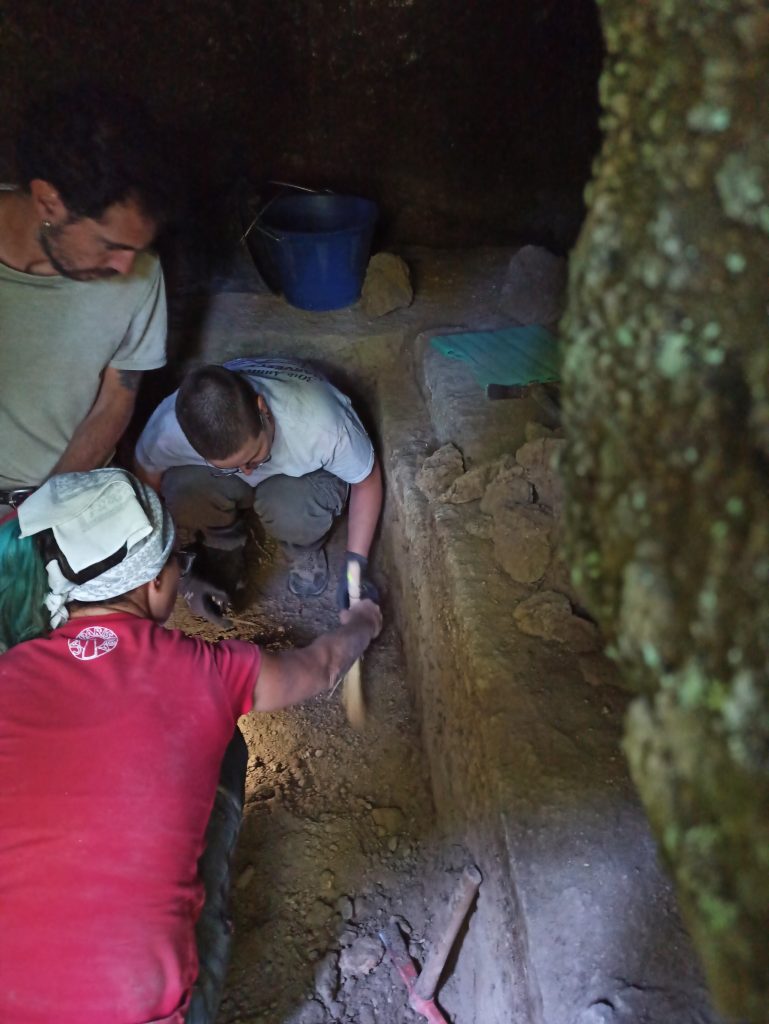
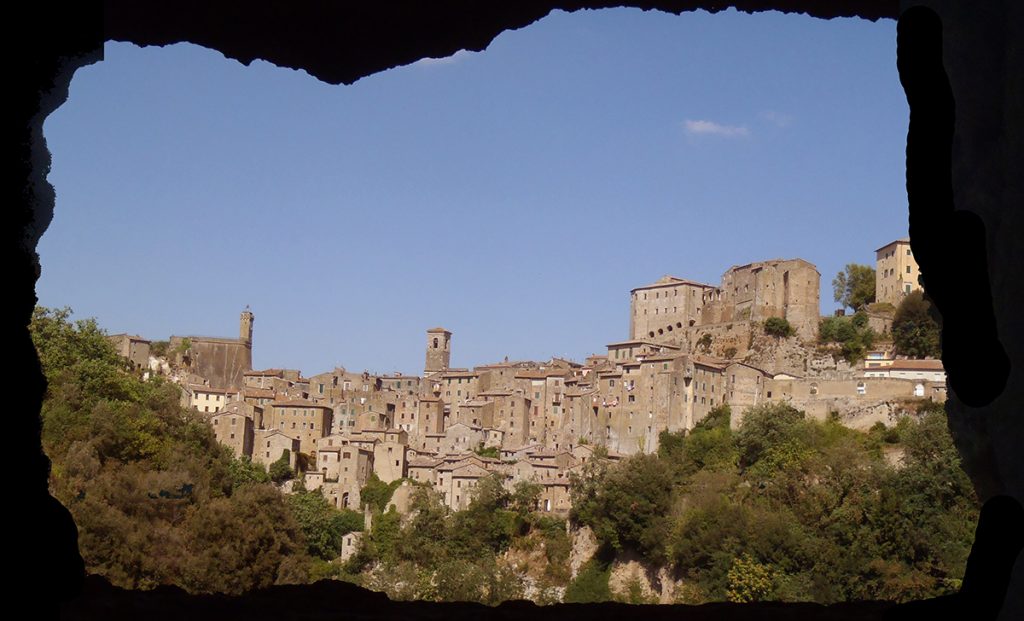
Location: Strada Provinciale Montebuono, 12, 58010 Sorano GR, Italy
Season: October 4, 2024 to August 14, 2025
Session Dates: The cost is €1000 for one week, or €1800 for two weeks. The Fall School is taking place from OCTOBER 4th to OCTOBER 18th; the Winter School is taking place from FEBBRUARY 7th to FEBBRUARY 21th; the Spring School is taking place from MAY 2nd to MAY 16th; the Summer School is taking place from JULY 17th to JULY 31st AND from JULY 31st to AUGUST 14th;
Application Deadline: December 16, 2024
Deadline Type: Rolling
Website: http://www.culturaterritorio.org
Discount for AIA members: AIA members will get 10% reduction
Program Type:
Field School
RPA Certified:
No
Affiliation:
Associazione "Cultura e Territorio", Soprintendenza Archeologia Belle Arti e Paesaggio (SABAP) per le Province di Siena, Grosseto e Arezzo
Project Director:
Luca Mario Nejrotti, Ph.D.
Project Description:
“The Stone and the River: Seasonal Sessions (Autumn, Winter, Spring, Summer) MASTERCLASSES” project is a comprehensive and immersive (two or four weeks) program offering an unparalleled journey into the depths of ancient Etruscan, Roman, and Lombard civilizations.
This unique opportunities allows participants to uncover the rich tapestry of history through an innovative blend of traditional Landscape Archaeology and cutting-edge technology, with a strong focus on state-of-the-art 3D modeling and Geographic Information Systems (GIS), or in Cultural Communication and Journalism.
The “la Biagiola” special programs for students provide a first-hand experience from the fieldwork activities to the communication to the public.
This year, during our seasonal sessions (2 weeks in Autumn, 2 weeks in Winter, 2 weeks in Spring, 4 weeks in Summer), we are going to provide an exciting opportunity for a first-hand experience in an archaeological investigation of an Etruscan necropolis and in a landscape archaeology study, in a region whose history spans from prehistory to the Middle Ages.
You’ll take part in the archaeological survey, working alongside expert archaeologists and foreign fellow students.
You will investigate mysterious funerary hypogea in the depths of the Tuscan woods.
You’ll learn the latest digital technologies in architectural survey, simultaneous localization and mapping (S.L.A.M.), photogrammetry, and 3D rendering, right on the field.
This program is offered in collaboration with the Cultural Heritage Office of Tuscany, the regional authority that manages archaeological sites and monuments.
In addition to the archaeological experience, you will be able to enjoy a wide range of cultural sites, historic monuments, and natural sites of Tuscany.
B.I.S.A. program is open to all students of archaeology, anthropology, and related disciplines.
Featured disciplines
Anthropology, Archaeology, Digital Skills, Journalism, and Museology.
Coursework
Students will experience all aspects of an archaeological career; fieldwork, landscape archaeology approaches, architectural archaeology, burial archaeology, scientific analysis, 3D modeling, photogrammetry, S.L.A.M. technologies, cutting-edge open source digital archaeology, and cultural communication and journalism. Moreover, coursework will explore and focus on the major features of ancient Etruscan, Roman, and Early-Medieval cultures.
“The Stone and the River” project
Human settlement in this land is closely related to the river and the rocky landscape features.
The project consists in the diachronic investigation of this relationship, through the study of the traces that man has left in the rock over time: building (castles, churches, villas, sanctuaries, and hamlets) and carving (necropolis, hermitages, canals, and roads).
Furthermore, using the most modern technologies, photogrammetric surveys and three-dimensional models of the most significant sites will be created.
The 2024-2025 Seasonal Sessions (Autumn, Winter, Spring, Summer) MASTERCLASS
Our activities during these periodic sessions will focus on the investigation of six Etruscan tombs from the 8th-7th century BCE, thanks to collaboration with the Archaeological Park of Sovana. Students will engage in stratigraphic excavation, collection and processing of artifacts, cataloging, graphic, and photographic documentation.
After the remarkable outcomes of the previous archaeological survey campaigns, we are also eager for more and we are ready to teach our students the latest tricks and applications of modern digital reconstructions, also with open-source solutions, and open-source Geographic Information Systems (QGIS).
Throughout the program, participants will engage in hands-on experiences, guided by expert archaeologists, historians, and technologists who are at the forefront of their respective fields. By delving into the realms of 3D modeling, attendees will learn how to transform fragmented artifacts and ancient structures into meticulously detailed virtual reconstructions, breathing new life into the past. This dynamic approach not only enhances our understanding of these civilizations but also offers fresh insights into their architecture, daily life, and cultural practices.
Furthermore, the integration of Geographic Information Systems (GIS) into this masterclass empowers participants to analyze and interpret spatial data like never before. By overlaying historical maps, topographical information, and archaeological findings onto digital landscapes, attendees will unravel the intricate relationships between settlements, trade routes, and geographical features. This multidimensional perspective opens avenues for groundbreaking research and allows for a more comprehensive understanding of how these societies flourished in their unique contexts.
The trainees will be guided through this new adventure by a team of skillful archaeologists who will be able to explain clearly every aspect of the research process.
Since the project is located in the middle of a rich archaeological area, several cultural excursions in the surroundings are planned, such as the Etruscan necropolis of Sovana, the impressive Hewn Roads, Sorano, Manciano, and Pitigliano museums and castles.
Not to forget the various leisure activities that are also included: Bolsena Lake, Saturnia baths, and the numerous festivals will make the experience enjoyable and unforgettable.
Period(s) of Occupation: Excavation: Etruscan/Roman/Middle Ages period. Survey: from Prehistory to Modern Era
Project Size: 1-24 participants
Minimum Length of Stay for Volunteers: One week in Fall, Winter, and Spring; two weeks in Summer
Minimum Age: 18
Experience Required: To participate in the field school, applicants are required to have completed at least one university-level course in archaeological methodology. However, we understand that some applicants may not meet this prerequisite. In such cases, applications will still be considered, but acceptance will be contingent upon the completion of supplementary courses at the beginning of the field school. The official language of the field school is English and no knowledge of Italian is required. However, Italian or French knowledge will be taken as an advantage.
Room and Board Arrangements:
The tuition includes both educational and room and board.
Arrival and departure: students are responsible for arranging their own travel to and from Italy. The Master Class is taking place in the municipality of Sorano (GR), in the south of Tuscany, personnel are authorized to transport to and from the Pitigliano bus station.
Accommodations: students will be accommodated in a modern facility in the Tuscan countryside, in triple-bed rooms with private bathrooms, close to the premises where communal activities and teaching will take place.
The school house address is: Montebuono, 58010 Sorano GR
Meals: lunch and dinner, consisting of typical Italian dishes, will be consumed at the accommodation (International School fee only includes water; all other drinks are not included). Breakfast (consisting of coffee, milk, tea or caffe latte and pastries) will be consumed at the accommodation.
On Saturdays no dinner will be provided by staff.
On Sunday no lunch will be provided by staff.
Every effort will be made to accommodate students with food allergies (nuts, shellfish, etc.); students with food allergies are required to inform the staff of their specific dietary restrictions upon application. We also will try to accommodate individual lifestyles and dietary choices (e.g. vegetarianism) too: student must inform the staff of any special request upon application, no special dietary request after application will be taken in consideration. More info in the brochure and at www.culturaterritorio.org
Academic Credit:
In order to enable students to gain credits from their University, a signed certificate will be issued, testifying all the activities of the School in details.
Luca Mario Nejrotti
C.S. Via Croci 11, Montebuono di Sorano
Sorano
GR
58010
Italy
presidente@culturaterritorio.org
Phone: +39 3922906147
The AIA is North America's largest and oldest nonprofit organization dedicated to archaeology. The Institute advances awareness, education, fieldwork, preservation, publication, and research of archaeological sites and cultural heritage throughout the world. Your contribution makes a difference.